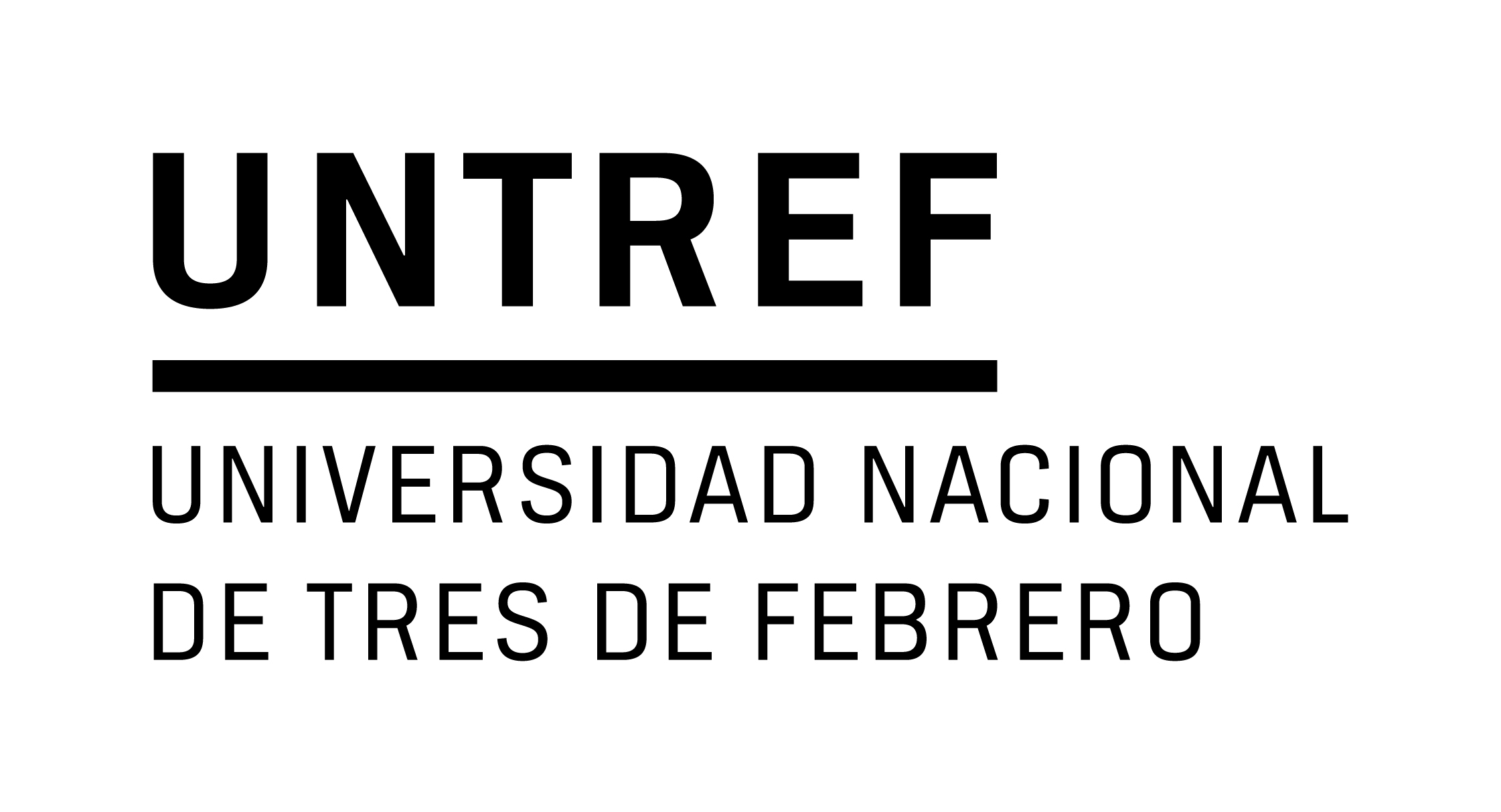National leaders, political security, and the formation of military coalitions
Por: Wolford, Scott .
.
Colaborador(es): Ritter, Emily Hencken .
.
Tipo de material:  Artículo Tipo de portador: ImpresoTema(s): RELACIONES INTERNACIONALES
Artículo Tipo de portador: ImpresoTema(s): RELACIONES INTERNACIONALES| Tipo de ítem | Ubicación actual | Signatura | Info Vol | Estado | Fecha de vencimiento | Código de barras | Reserva de ítems |
|---|---|---|---|---|---|---|---|
| Publicación Periódica | Biblioteca UNTREF - Sede Posgrados | H327/QUA (Navegar estantería) | Vol. 60, no. 3 (sep. 2016) | Disponible | 2.009516 |
States frequently form military coalitions, and these collaborations matter a great deal for international politics, yet their origins are poorly understood. Building coalitions in international crises improves military prospects. At the same time, it requires policy concessions to compensate partners. We show that a national leader’s job security affects her willingness to make this tradeoff. First, politically insecure leaders are more willing to form coalitions than secure leaders. The former face greater incentives to accept tradeoffs in order to bolster their chances of victory and thereby improve their chances of remaining in power. Second, politically insecure leaders are also less selective in their choice of partners. Their willingness to make larger policy concessions leads them to form coalitions with states of increasingly divergent foreign policy preferences. A sample of crises from 1951-1999 provides statistical support for these arguments.
